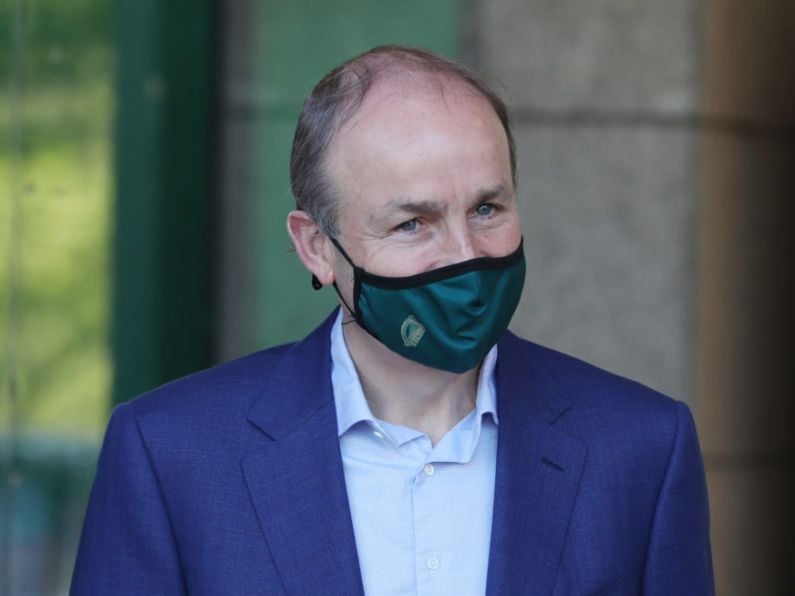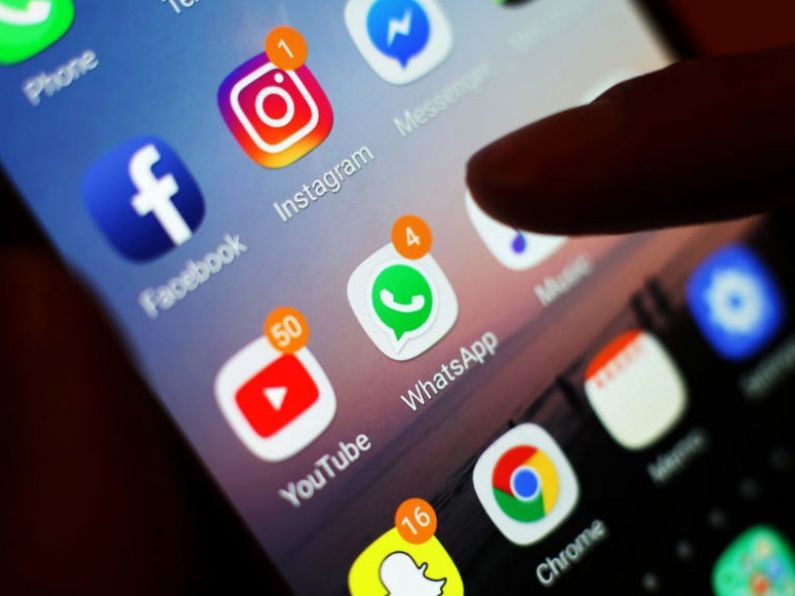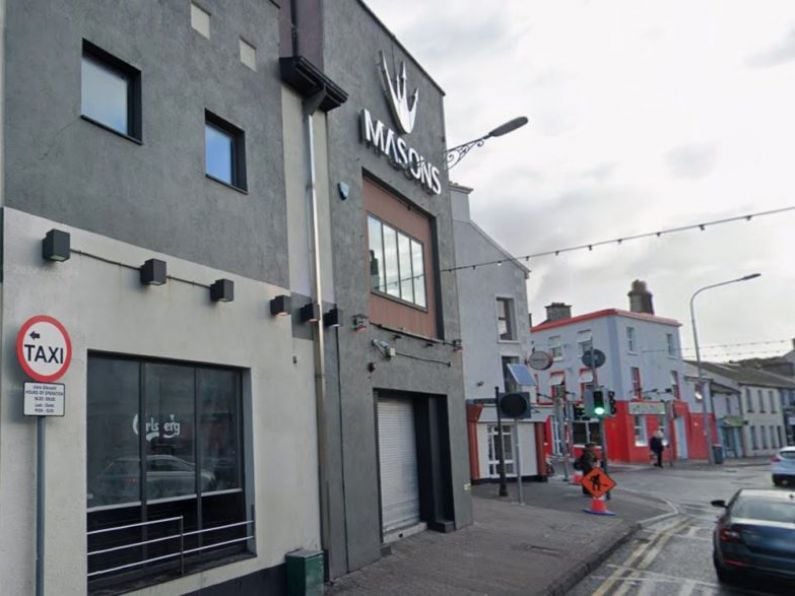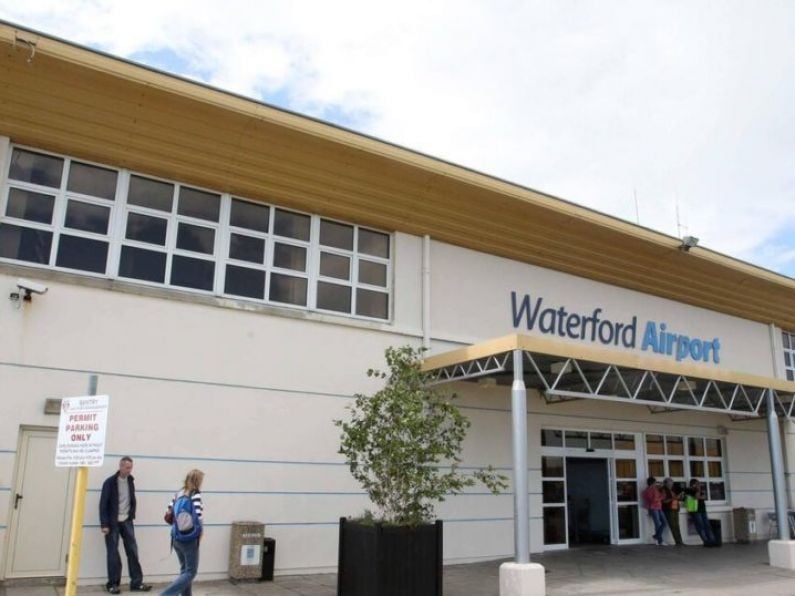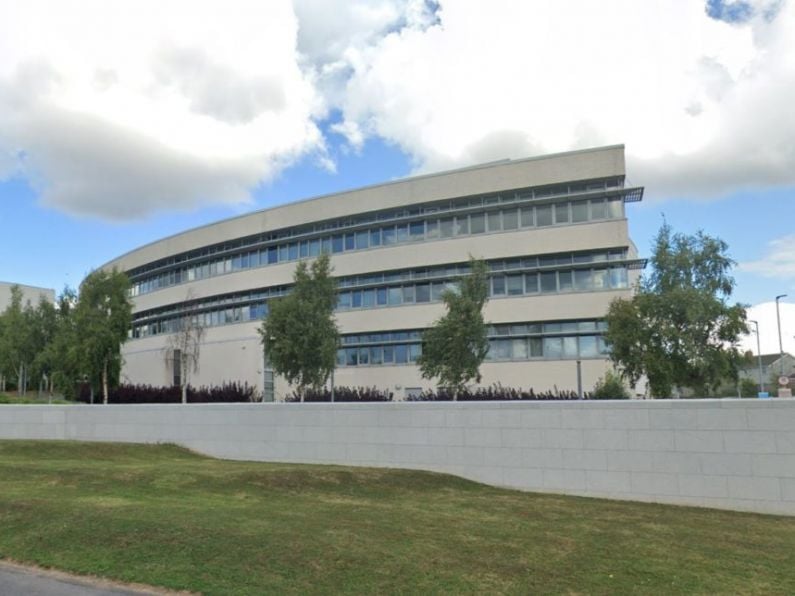Vivienne Clarke, Reuters, Press Association
Updated at 21:45
Taoiseach Micheál Martin has insisted Ireland will not pay any ransom to hackers who attacked the state’s health service.
Earlier, Minister of State for Communications Ossian Smyth has said a bitcoin ransom was demanded following a cyber attack on Health Service Executive (HSE) computer systems.
The demand is being assessed by experts who are attempting to determine if it was sent by those who launched the attack, he said.
As The Irish Times reported earlier, the HSE's IT systems could take days to return to normal after being shutdown following what a Government Minister described as “possibly the most significant cybercrime attack on the Irish State” ever.
With all IT systems being shut down it has crippled diagnostic services, delayed Covid-19 testing and forced hospitals to cancel many appointments.
With disruption continuing throughout Friday, the Rotunda maternity hospital in Dublin has already cancelled some planned outpatient appointments on Monday and Tuesday next week. The National Orthopaedic Hospital Cappagh has cancelled several outpatient clinics on Saturday and Monday.
The Covid-19 vaccination programme is not disrupted as it is on a different system, but the attack is affecting IT systems serving all other local and national health provision, HSE chief Paul Reid said.
Minister of State for Communications Ossian Smyth said the cyberattack was not espionage but was led by an international criminal gang looking for money.
What we know so far
- The attack began at about 4.30am on Friday. Health service IT staff switched off all systems as a precaution
- Cancellations and disruptions to services at hospitals are likely until the issues are resolved. It is not yet clear how long this will take – Leo Varadkar said problems could last until next week
- Most appointments are going ahead but X-rays are severely affected. The health service is regularly updating this webpage with any changes
- The Rotunda Hospital has cancelled some outpatient appointments on Monday and Tuesday next week
- Covid-19 test results may face delays – the HSE is urging anyone waiting for a result to continue to self-isolate
- Covid vaccination appointments are running as planned
- Emergency departments remain open and ambulance services are continuing as normal
Mr Smyth told RTÉ’s News at One that the attack had been an attempt to lock the HSE out of its own system, to steal the data and then try to ransom it back.
“This is a human-driven attack using an exploit that was previously unknown. They managed to compromise the system early this morning,” he said.
Tánaiste Leo Varadkar said the attack was “very serious” and could affect systems throughout the weekend and into next week.
He said it would be “a very difficult time for the health service” and the situation was “still evolving”.
This is having a severe impact on our health and social care services today, but individual services and hospital groups are impacted in different ways. Emergency services continue, as does the @AmbulanceNAS. Updated information will be available @HSELive throughout the day.
— Stephen Donnelly (@DonnellyStephen) May 14, 2021
Ransomware attacks typically involve the infection of computers with malicious software, often downloaded by clicking on seemingly innocuous links in emails or other website pop-ups. Users are left locked out of their systems, with the demand that a ransom be paid to restore computer functions.
They differ from a data breach or other types of hacking, which may steal large batches of customer data or other information from companies or individuals.
‘Serious situation’
HSE chief operations officer Anne O'Connor warned that if the IT shutdown continues into next week then the health service will be in “a very serious situation.”
Ms O'Connor said the attack was a “zero day threat”, meaning there was no known previous experience of it.
“If this continues into Monday we will be in a very serious situation and we will have to cancel more appointments,” she told RTÉ.
Many clinics and services were continuing on Friday but others have been cancelled and disrupted due to the shutdown. Minister for Health Stephen Donnelly said the attack has had “a severe impact” on health and social care services.
If you have symptoms of COVID-19 today you do not need a GP referral to attend a test centre. People who have symptoms or are a close contact will be prioritised for testing. Locations, dates and times of testing centres here: https://t.co/dC5Bb1pG0B pic.twitter.com/wFMAOXObQk
— HSE Ireland (@HSELive) May 14, 2021
The HSE is keeping this webpage updated with any changes to services.
HSE chief Paul Reid said the attack was largely affecting information stored on central servers, not hospital equipment, and that emergency services continued to operate.
He urged the public to attend any health appointments “unless you hear from us”.
While scheduled Covid-19 tests went ahead as planned on Friday, the HSE said its referrals system was down, meaning anyone else requiring a test must attend walk-in sites.
Local impact
Hospitals around the country are feeling the impact of the cyberattack.
The Rotunda maternity hospital in Dublin cancelled many routine appointments on Friday, and has confirmed that disruption will continue into next week.
Due to the ongoing IT issues, the Rotunda Hospital has made the following service changes for next Monday 17th and Tuesday 18th May.https://t.co/CyH7u1W8NF
— The Rotunda Hospital (@RotundaHospital) May 14, 2021
Outpatient maternity appointments for women less than 36 weeks pregnant are cancelled. The hospital also said all gynaecological clinics are cancelled on Monday and Tuesday next week, but added: “If you have any urgent concerns please attend as normal.”
The State's child and family agency, Tusla, said its IT systems, including the portal through which child protection referrals are made, are not currently operating.
At Cork University Hospital, staff arrived to find IT systems paralysed, with all computers switched off.
“Our main concern is patient safety and results that might be outstanding, laboratory data that needs to be available to manage patient care today. It's very distressing for patients,” medical oncologist Seamus O'Reilly told RTÉ.
The National Ambulance Service has confirmed their operations are not impacted.



